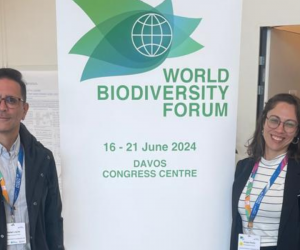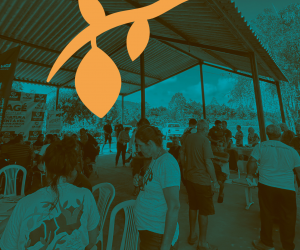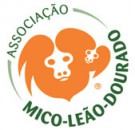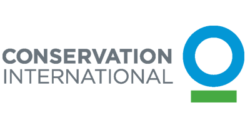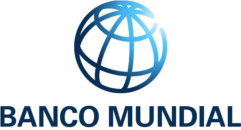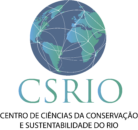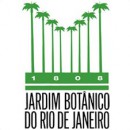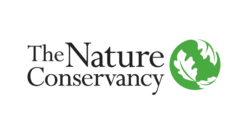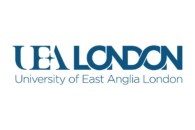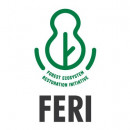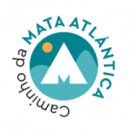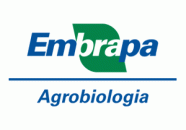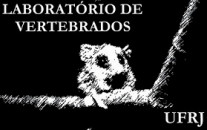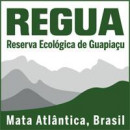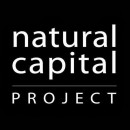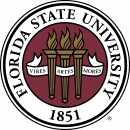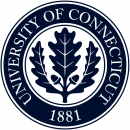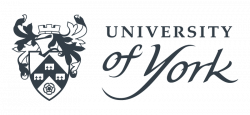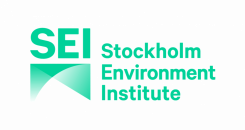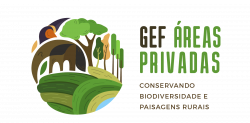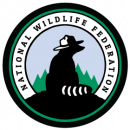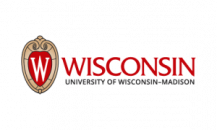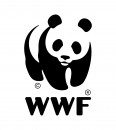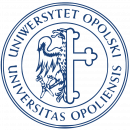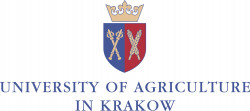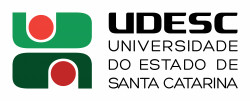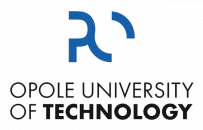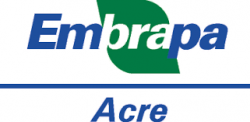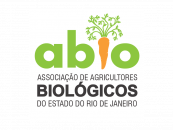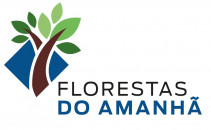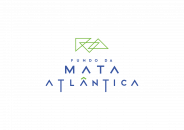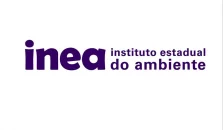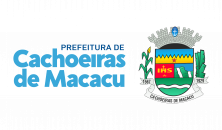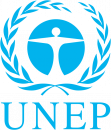Sustainable Land Use
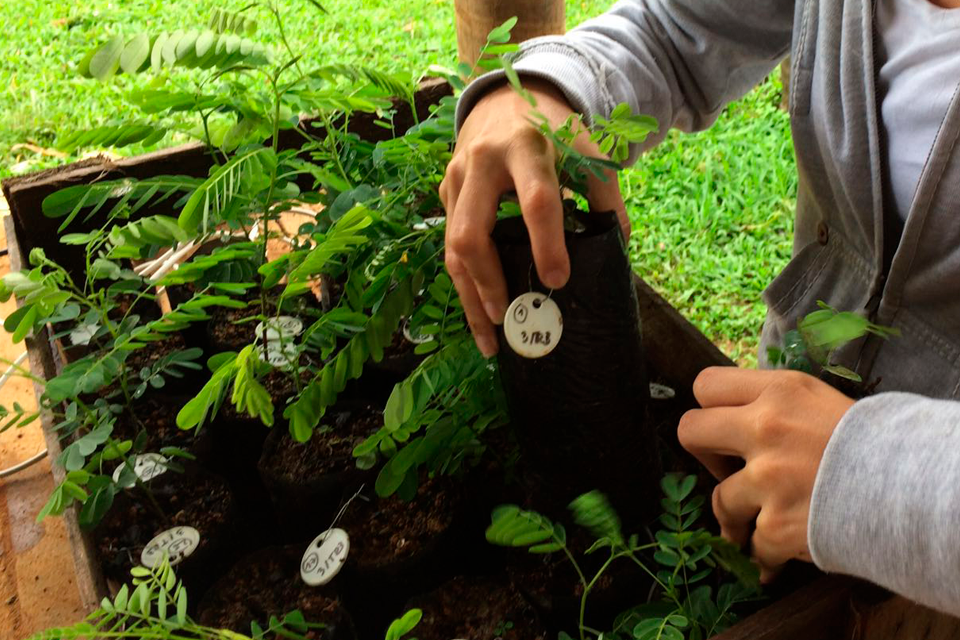
Soil is the basis for the development of various forms of life and responsible for the provision of Ecosystem Services.
In addition, it brings stories that tell the relation of different human generations with the land. In the last centuries, this relationship between man and the soil has become increasingly problematic, resulting in a high level of landscape transformation and degradation. These changes on the land use and cover, have compromised the functioning of ecosystems with repercussions on biogeochemical and hydrological cycles, which directly affect the climate and the provision of Ecosystem Services.
Our interdisciplinary team strives to understand soil processes and investigate sustainable management techniques, developing projects that evaluate the effect of these techniques to improve the quality of the soil and the quality of population´s life.
Among the techniques discussed in the scientific community, the use of biochar (product derived from residues) in agricultural crops and livestock, stands out in our projects, as well as the Agroforestry Systems (SAFs), which help in restoring forest cover, improving soil quality, producing food and maintaining human well-being. With these efforts, we can transform the soil situation, guaranteeing natural resources for the next generations.
Related Content
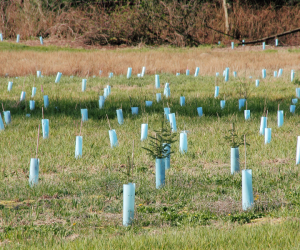
What are Nature-Based Solutions (NbS) and what are their benefits?
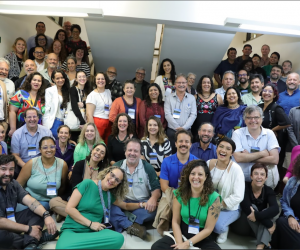
25.06.24
Debates are advancing towards the construction of a public policy that recognises the results of biodiversity conservation efforts in Brazil
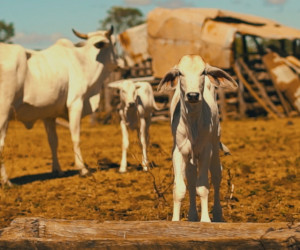
Tocantins Agroenvironmental: Development of a roadmap for advancing the sustainable agri-environmental agenda
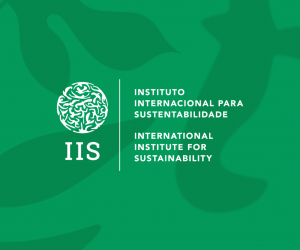
New Brand Positioning and Blog Launch
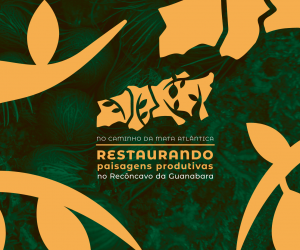
The Atlantic Forest Trail: Restoring Productive Landscapes in the Guanabara Reconcave
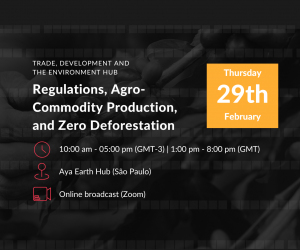
09.02.24
Video: Regulations, Agro-Commodity Production, and Zero Deforestation
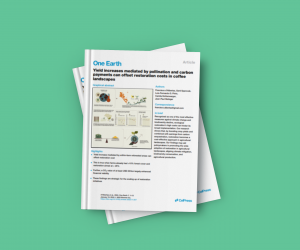
Yield increases mediated by pollination and carbon payments can offset restoration costs in coffee landscapes
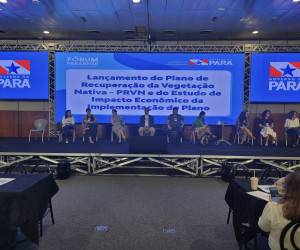
21.12.23
Now it’s law: Pará must restore vegetation on 5.6 million hectares
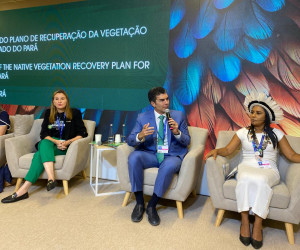
20.12.23
During COP 28, Pará launches a plan co-led by IIS to restore the Amazon
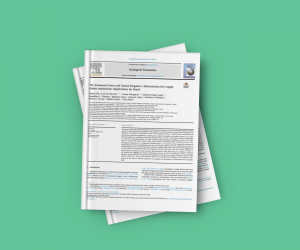
The European Union and United Kingdom’s deforestation-free supply chains regulations: Implications for Brazil
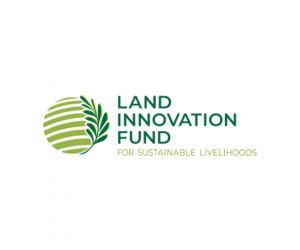
16.10.23
The carbon market: an opportunity to control deforestation caused by agricultural expansion in Brazil
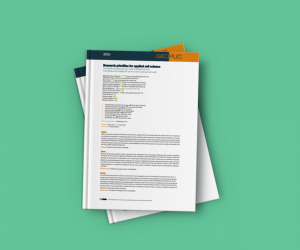
Research priorities for applied soil science
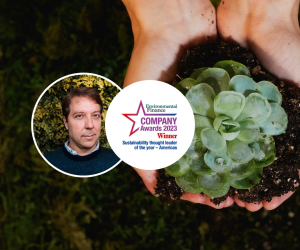
20.09.23
Bernardo Strassburg, president of IIS, has been elected as the “Sustainability Leader of the Year for 2023”

09.08.23
ACHIEVING AGRICULTURAL SUSTAINABILITY IN MATOPIBA

Executive summary: Mental maps of rural producers on land use change in MATOPIBA
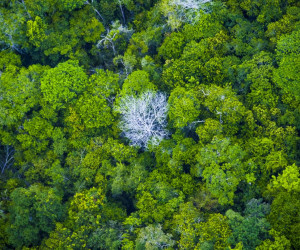
State Plan for the Recovery of Native Vegetation in the State of Pará (PRVN)
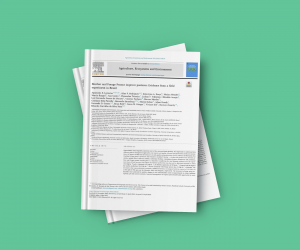
Biochar and Forage Peanut improve pastures: Evidence from a field experiment in Brazil
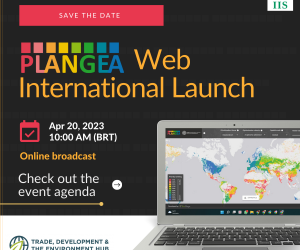
13.04.23
Video: PLANGEA Web International Launch
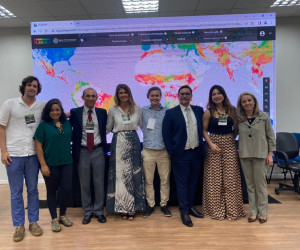
13.03.23
IIS launches online platform with priority areas for ecosystems conservation and restoration around the world
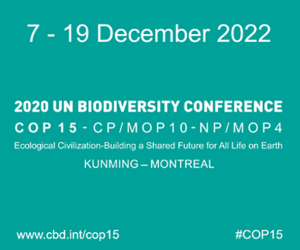
06.01.23
IIS contributes to different targets of the Post-2020 Global Biodiversity Framework (Post-2020 GBF)

Strengthening environmental governance and traceability in cattle supply chains in Brazil

IIS-re.green partnership to restore at least 1 million hectares of forests
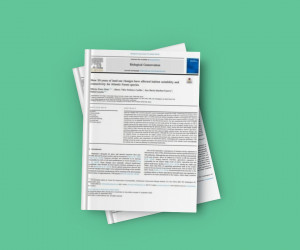
How 30 years of land-use changes have affected habitat suitability and connectivity for Atlantic Forest species

Stepping on invisible land: on the importance of communicating the value of soils

SPACES: spatial intelligence for climate and nature
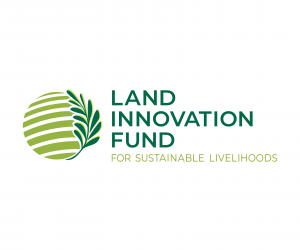
Behavioral Sciences applied to a sustainable soy chain
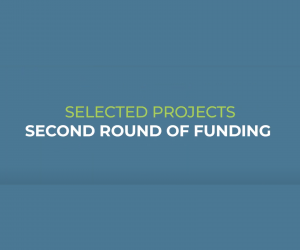
11.05.22
IIS´s project is selected in the second call for funding from the Land Innovation Fund for South America
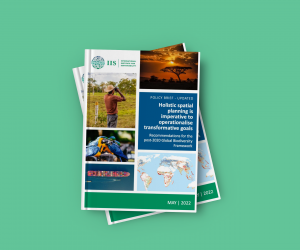
Holistic spatial planning is imperative to operationalise transformative goals: recommendations for the post-2020 Global Biodiversity Framework

Methodical Aspects of Soil Ecosystem Services Valuation
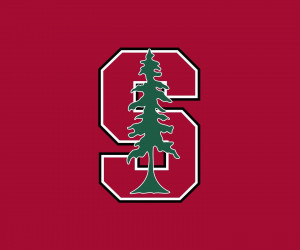
04.02.22
Bernardo Strassburg, Executive Director of IIS, listed as one of the best scientists in the world by Stanford University and Elsevier
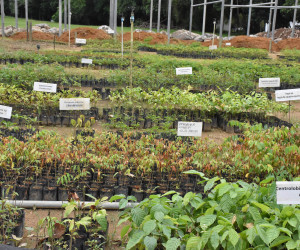
On the Atlantic Forest trail: restoring landscapes and strengthening local production chains in the Central Fluminense Mosaic
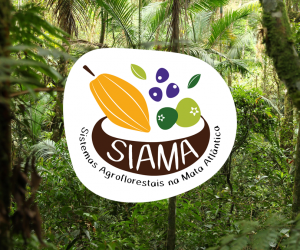
Agroforestry Systems in the Atlantic Forest (SiAMA)
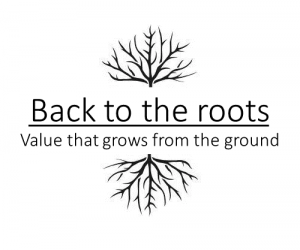
Sustaining the earth from the bottom up: developing a conceptual model for valuing ecosystem services for tropical soils
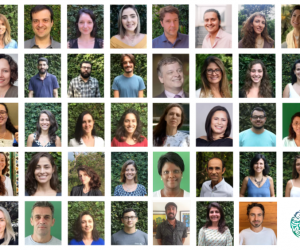
21.12.21
What have we learned in 2021? – IIS Retrospective
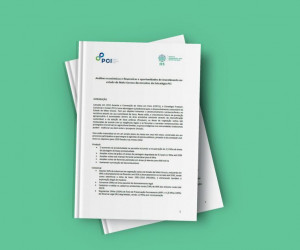
Economic and financial analysis of the investment opportunities in the state of Mato Grosso arising from the PCI Strategy
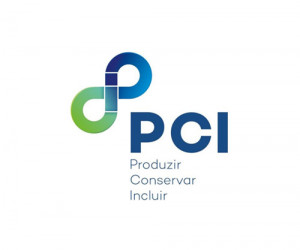
Economic and financial analysis of the investment opportunities in the state of Mato Grosso arising from the PCI Strategy
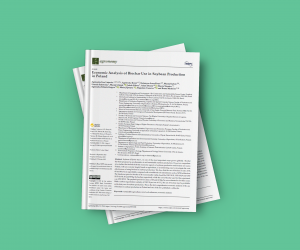
Economic Analysis of Biochar Use in Soybean Production in Poland
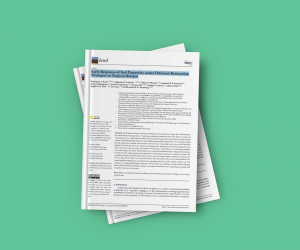
Early Response of Soil Properties under Different Restoration Strategies in Tropical Hotspot
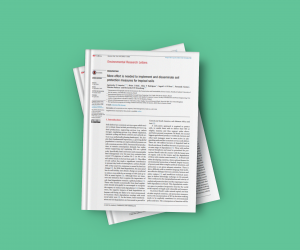
More effort is needed to implement and disseminate soil protection measures for tropical soils

Soil ecosystem services in tropical regions: a systematic review

Expertise on #23 – Integrated approach: better choices for restoring ecosystems
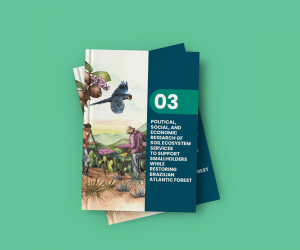
Political, social, and economic research of soil ecosystem services to support smallholders while restoring Brazilian Atlantic Forest

Frontiers in Ecology and Evolution: Local Perception in Forest Landscape Restoration Planning: A Case Study From the Brazilian Atlantic Forest
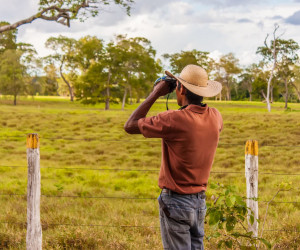
05.03.21
Workshop on agricultural commodities production and trade scenarios outcomes on land use change and biodiversity in Brazil
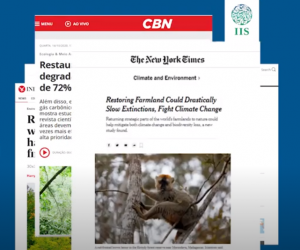
09.02.21
2020 in retrospective

Ecology: Soil dynamics in forest restoration: a data set for temperate and tropical regions
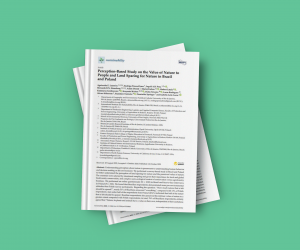
Sustainability: Perception-Based Study on the Value of Nature to People and Land Sparing for Nature in Brazil and Poland
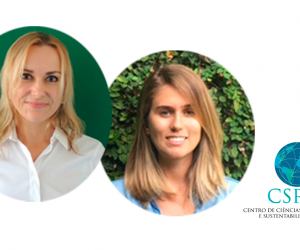
21.10.20
CSRio Seminar: Are new frameworks needed? Discussion in the scope of environmental projects

Nature: Global priority areas for ecosystem restoration
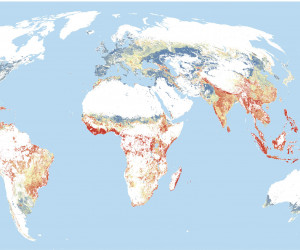
14.10.20
Restoring 30% of the world’s ecosystems in priority areas could stave off more than 70% of projected extinctions and absorb nearly half of the carbon built up in the atmosphere since the Industrial Revolution
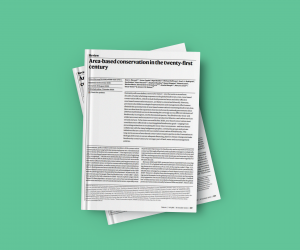
Nature: Area-based conservation in the twenty-first century
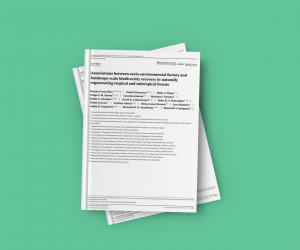
Conservation Letters: Associations between socio-environmental factors and landscape-scale biodiversity recovery in naturally regenerating tropical and subtropical forests
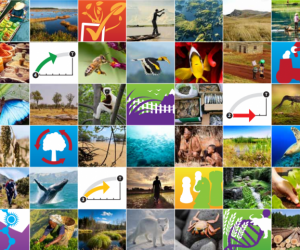
18.09.20
Humanity at a crossroads, says UN Global Biodiversity Outlook 5

Nature: Bending the curve of terrestrial biodiversity needs an integrated strategy
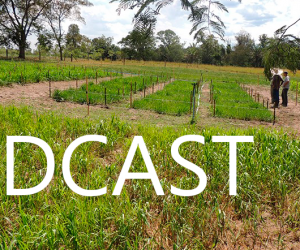
30.03.20
Podcast “Biochar for soil quality and farming sustainability in Brazil”
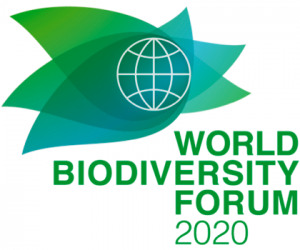
28.02.20
IIS team members attended the World Biodiversity Forum
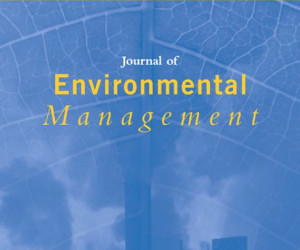
The importance of Legal Reserves for protecting the Pantanal biome and preventing agricultural losses
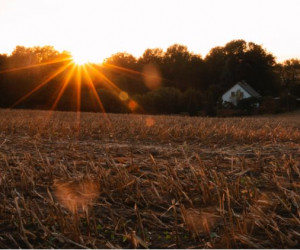
The Review of Biomass Potential for Agricultural Biogas Production in Poland
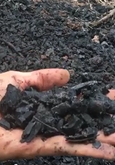
Biochar amendment improves degraded pasturelands in Brazil: environmental and cost-benefit analysis
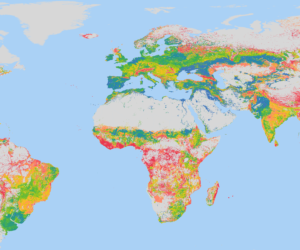
PLANGEA: Strategic Land Use Planning
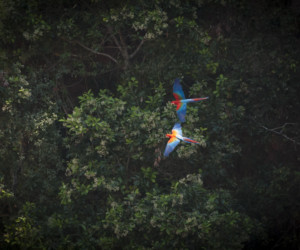
GEF Private Areas – Conserving biodiversity and rural landscapes
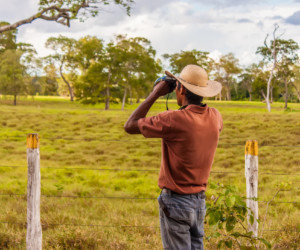
UKRI GCRF Trade, Development and the Environment Hub
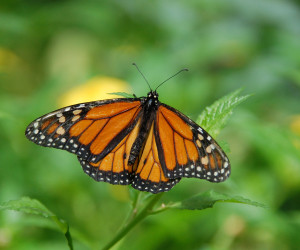
Biodiversity and Ecosystems’ Economy Study (TEEB) – Paraíba do Sul River Basin – Paulista Portion / São Paulo
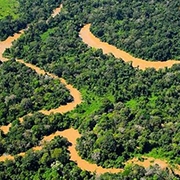
Evaluation of ecosystem services in the state of Acre
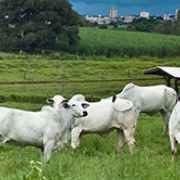
Increasing agricultural output while avoiding deforestation – Mato Grosso State analysis
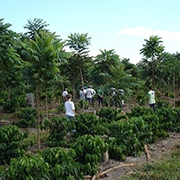
Decision-making towards a more sustainable agriculture
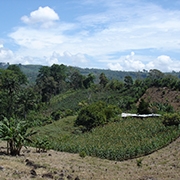
Soil enhancers to assist sustainable agriculture
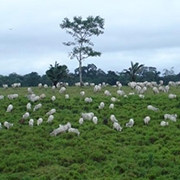
Potential of improved use of current agricultural lands to meet demands and spare nature in Brazil

Sustainable Rural Development in Paraitinga River Basin, São Paulo State
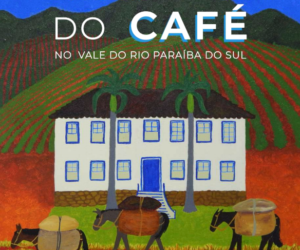
Ecosystem services availability after changes in the land use and vegetation coverage: the case of Paraíba do Sul river valley
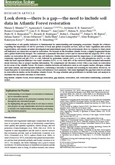
Look down — there is a gap — the need to include soil data in Atlantic Forest restoration
Nature Ecology & Evolution: Moment of truth for the Cerrado hotspot
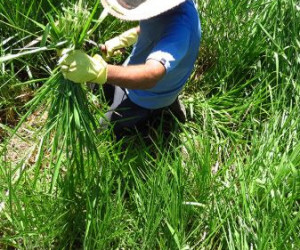
25.09.19
Soil quality and cleaner atmosphere
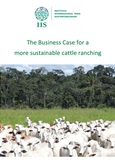
The Business Case for a more sustainable cattle ranching
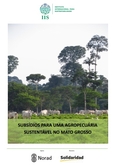
Subsidies for a sustainable agriculture in Mato Grosso
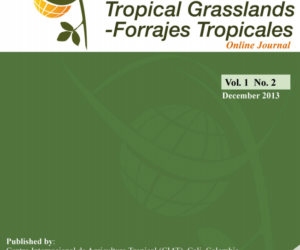
Challenges and opportunities for improving eco-efficiency of tropical forage-based systems to mitigate greenhouse gas emissions
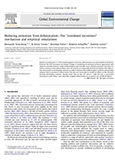
Reducing emissions from deforestation—The ‘‘combined incentives’’ mechanism and empirical simulations
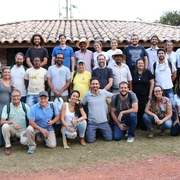
30.08.19
Meeting with institutions and local leaders of Pouso Alto´s APA – GEF Private Areas
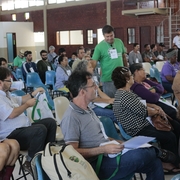
28.08.19
First Landowners Meeting of the São João River Basin Protected Area – GEF Private Areas Project

25.08.19
Biochar can be used to recover degraded soils, according to study

04.05.19
Planejamento pode conciliar recuperação florestal e expansão agrícola
14.10.18
The Cerrado is heading for the largest extinction of plants ever recorded in the world. According to Bernardo Strassburg, director of IIS, even if deforestation stops today, without restoration 657 sp
13.09.18
Agnieszka Latawiec, professor at PUC-Rio and IIS´ director, is awarded by the British Crown.
12.09.18
Researcher from Rio wins unprecedented prize from the world’s oldest scientific academy
25.09.17
Final TEEB project presentation for the Secretariat for the Environment of the State of São Paulo
30.04.17
Bernardo Strassburg talks to TV PUC-Rio about the progress of Cerrado deforestation, its consequences and the possibilities to avoid the collapse of the biome.
20.04.17
Bernardo Strassburg speaks with the Center for International Forestry Research (CIFOR) on the sidelines of the 13th Conference of Parties to the Convention on Biological Diversity (CBD COP13).
30.03.17
Agnieszka Latawiec talks to UOL TV about the study that she coordinated about the lack of labor and the adoption of good agricultural practices in the Amazon
30.03.17
Agnieszka Latawiec talks to Terraviva TV about the study that coordinated about lack of labor and adoption of good agricultural practices in the Amazon
24.03.17
The G1 website has disseminated the study elaborated by CSRio, IIS and partners, which shows that in 30 years the Brazilian cerrado may have higher plant extinction in the world history
24.03.17
Bernardo Strassburg talks about the progress of deforestation in Cerrado in an article from Observatório Eco – Direito Ambiental.
16.03.17
Agência O Globo website has disseminated the study coordinated by Agnieszka Latawiec, where the lack of labour is pointed as the main problem for adoption of good agricultural practices in the Amazon
16.03.17
The Estadão website has disseminated the study coordinated by Agnieszka Latawiec where the lack of labour is pointed as the main problem for adoption of good agricultural practices in the Amazon
11.11.16
Discussion forum with Bernardo Strassburg and Agnieszka Latawiec, from IIS, at the Global Landscape Forum held in Paris – 2015 (from the 36th minute)
09.09.16
Daniel Silva, from IIS, cooperates with the O Eco website report about livestock intensification
15.04.16
Centre for Conservation and Sustainability Science is inaugurated
10.01.16
Bernardo Strassburg and Agnieszka Latawiec talks to PUC-Rio TV about the importance of preserving the Cerrado biome.
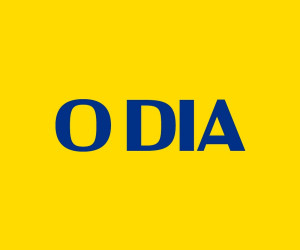
24.10.15
Conta social: Incentivo a novas áreas ambientais
04.05.15

